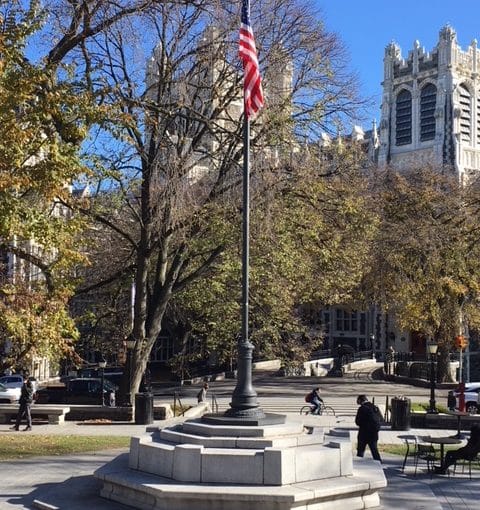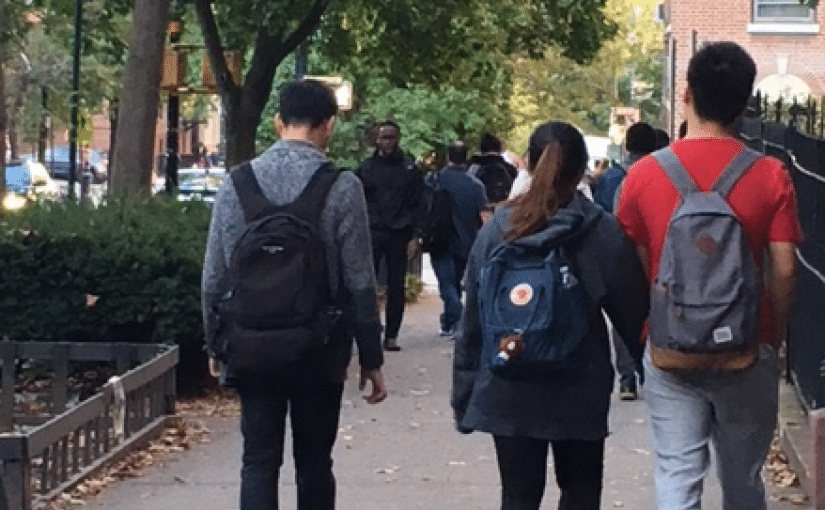The numbers are grim. 39 million people have student loan debt totaling over one trillion dollars. And delinquencies total about $120 billion. That’s an increase of more than 30 percent from 2011 to 2012.

Clearly student loan borrowers need help. The National Consumer Law Center, in its new report, makes recommendations to help borrowers and do a better a job of monitoring the companies that “service” the loans after lenders make them.
The report focuses on the banking giant Sallie Mae. And there’s more than a little irony in the fact that Sallie Mae was created by then-President Richard Nixon in 1972 as the Student Loan Marketing Association to encourage banks to make more student loans.
Once a bank made a loan, Sallie Mae would buy it, freeing up money for more loans.

In 2004, the report points out, Sallie Mae became a private company and is the major player in the student loan universe. NCLC says that Sallie Mae’s return on investment in 2006 was 30 percent and that its C.E.O., from 1999 to 2004, earned over $200 million.
Apparently during that time, Sallie Mae made what it called “non-traditional” loans to students with low credit scores. In some cases they charged 15 percent interest and many borrowers paid high fees that loaded debt upon debt and made it even more difficult for people to pay off their loans.
Sallie Mae also became one of four servicing companies that handle student loans made through the Department of Education. The report cites media accounts that say Sallie Mae earned about $84 million from the D.O.E. in 2012. A lot of money, yes?

But Sallie Mae, like the other servicers, isn’t exactly student loan borrower friendly, and the NCLC calls for reforms. It suggests:
- Creation of affordable repayment options for student borrowers.
- The possibility of bankruptcy protection for those who have to default.
- Great fairness in the collection process and enforcement of laws against collectors who violate them.
In addition, NCLC suggests that:
- Federal and state regulators should coordinate their efforts to monitor the companies that service student loans. Currently, there’s a hodgepodge of rules and regulations that don’t protect borrowers adequately.
- Better evaluation of servicing companies and collection agencies.


